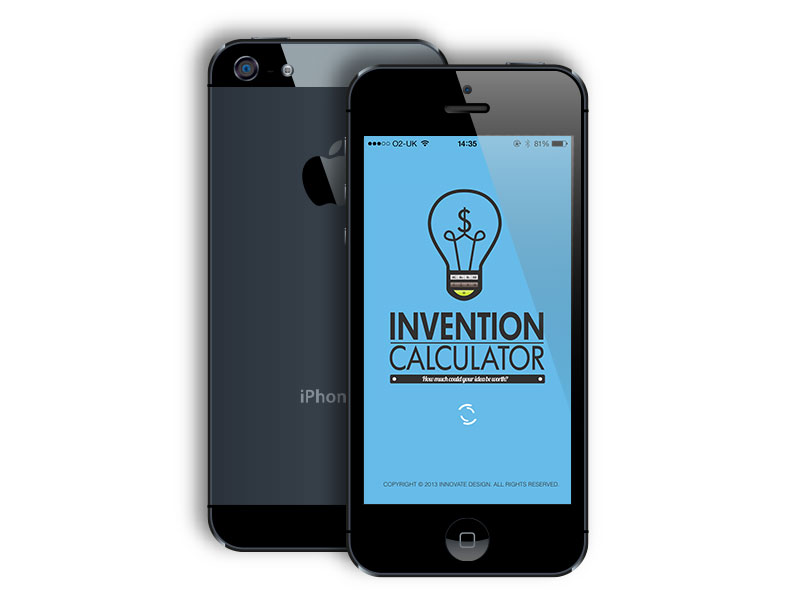What's your invention or idea worth?
How much is my idea worth? by Lawrence J. Udell
(Lawrence J. Udell is co-founder and executive director of The Center for New Venture Alliance. He has extensive “hands-on” experience in new product development and management of small businesses, including establishing more than twenty corporations in the last 40 years.)
What are they? Where do they come from? How do we know if they are any good? What do we do with them? This is the dilemma that faced millions of us on a regular basis. Often, we read or hear about someone who became independently wealthy with their idea.
Many ask themselves, "If it was easy for them, why can’t we do the same thing?" Ideas, invention, innovations have gone through a dramatic transition over the last few decades. The result was the birth of what is known as "intellectual property" which, in reality, may be on more than the spark of a creative idea.
In today’s corporate world, intellectual property means patent, trademark, copy-rights, trade secrets, etc. but can be on a balance sheet as an asset, especially if it produces income which is normally in the form of royalty. A simple and well known example is the over $500 million per year that Texas Instruments received in royalties on their patent portfolio. That is asset bases intellectual property.

What's your invention worth? Do you want to find out what is your invention's worth try the Invention Calculator?
How much is an idea worth?
It is very difficult to answer this question and over the last four decades, I have attempted to do so thousands of time. In a great many cases I was right – or at least close. The value of anything you possess is determined by what someone is willing to pay for it. Think about that for a moment. Did you ever have a garage sale and price something at a dollar? At the end of the day, after no one had purchased it, you lowered the price to fifty cents. Perhaps someone recognized their “perceived” need and bought it which made you both happy. So it is with an idea.
When ideas become potential products, and a patent application is filed, then with the expenditure of money also begins the process of creating a possible asset. It serves and as a guide to examine the market feasibility and explore the competitive advantages, the market size and realistically look at what it’s worth.
The true intelligent judgement of value can realistically be based upon the amount of research that goes into determining it, plus objectively calculating the results of the research this is c a complex process that must be diligently conducted so that the most information on everything that has to do with the idea, invention or technology is gathered.
In-depth research to determine “What’s it worth?” should be conducted by someone with experience. Then the results must be carefully compared to the competition or the most logical company to approach for a licensing agreement. Don’t become a disillusioned inventor; the world of wealth and opportunity just may be waiting! Lawrence J. Udell Ideas.
